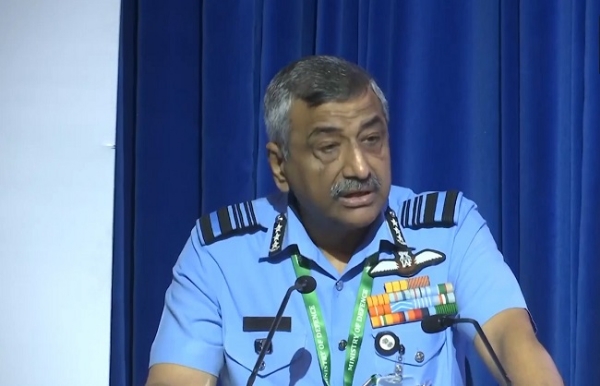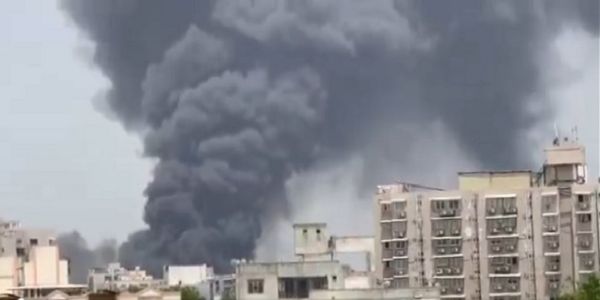
New Delhi, June 11 (H.S.): Air Marshal Ashutosh Dixit, Vice Chief of Air Staff emphasized that modern warfare's decisive advantage relies on superior situational awareness, particularly the ability to see first, see farthest, and see most accurately. He pointed out that timely intelligence and advanced surveillance have crucially influenced recent global conflicts, including the Armenia-Azerbaijan war, Russia-Ukraine war, and Israel-Hamas hostilities. Dixit asserted that deep surveillance must be viewed as a strategic necessity rather than a support function, highlighting the blurring line between frontlines and rear areas due to advanced weaponry capable of striking over long distances.
He stressed that India needs to track adversaries deep within their territory, particularly at strategic sites, due to the rapid emergence of hypersonic missiles and drone swarms, which necessitate near real-time surveillance for survival. Dixit highlighted the transformation in the Observe–Orient–Decide–Act (OODA) loop, emphasizing a shift from mere observation to anticipation through modern surveillance practices. He advocated for enhanced collaboration with the tech industry, aiming to develop integrated multispectral and AI-driven systems for improved surveillance capabilities. Lieutenant General Vineet Gaur echoed his views, stating that advanced surveillance is essential in today's security landscape, revealing the Indian Air Force's plans to launch 52 satellites to enhance space-based surveillance, many of which will be produced by private companies. Air Vice Marshal Tejpal Singh noted that Intelligence, Surveillance, and Reconnaissance (ISR) has become fundamental to military strategy, demonstrating modern warfare's evolving nature and underscoring the need for quick action and seamless integration across various domains.
Hindusthan Samachar / Jun Sarkar







